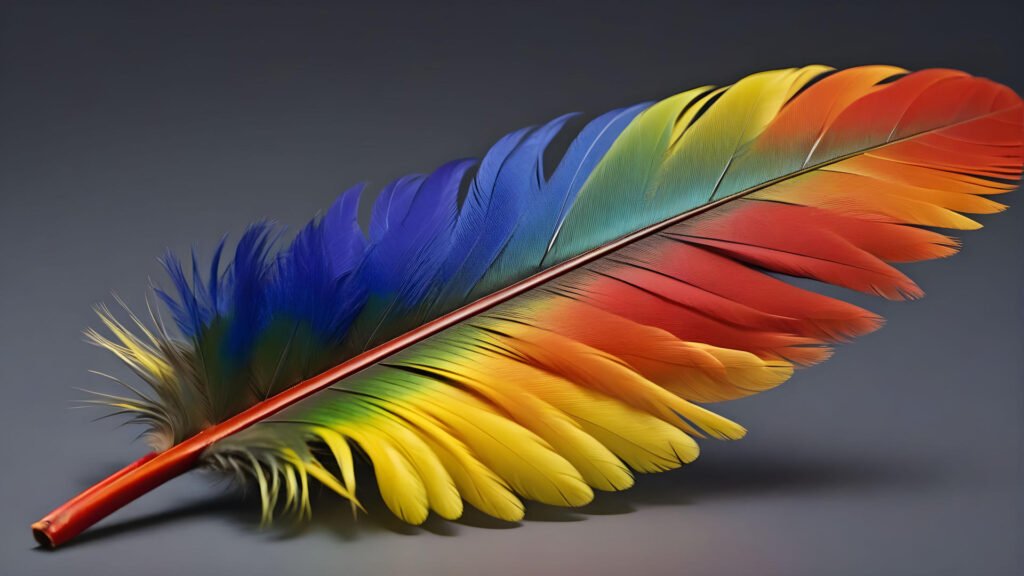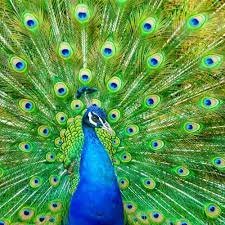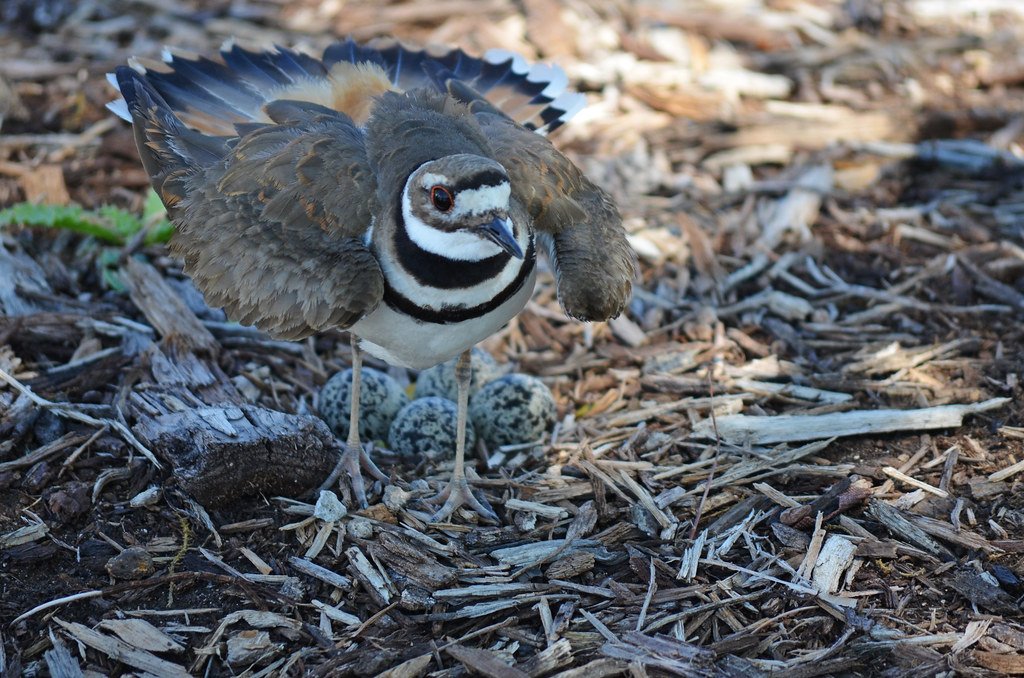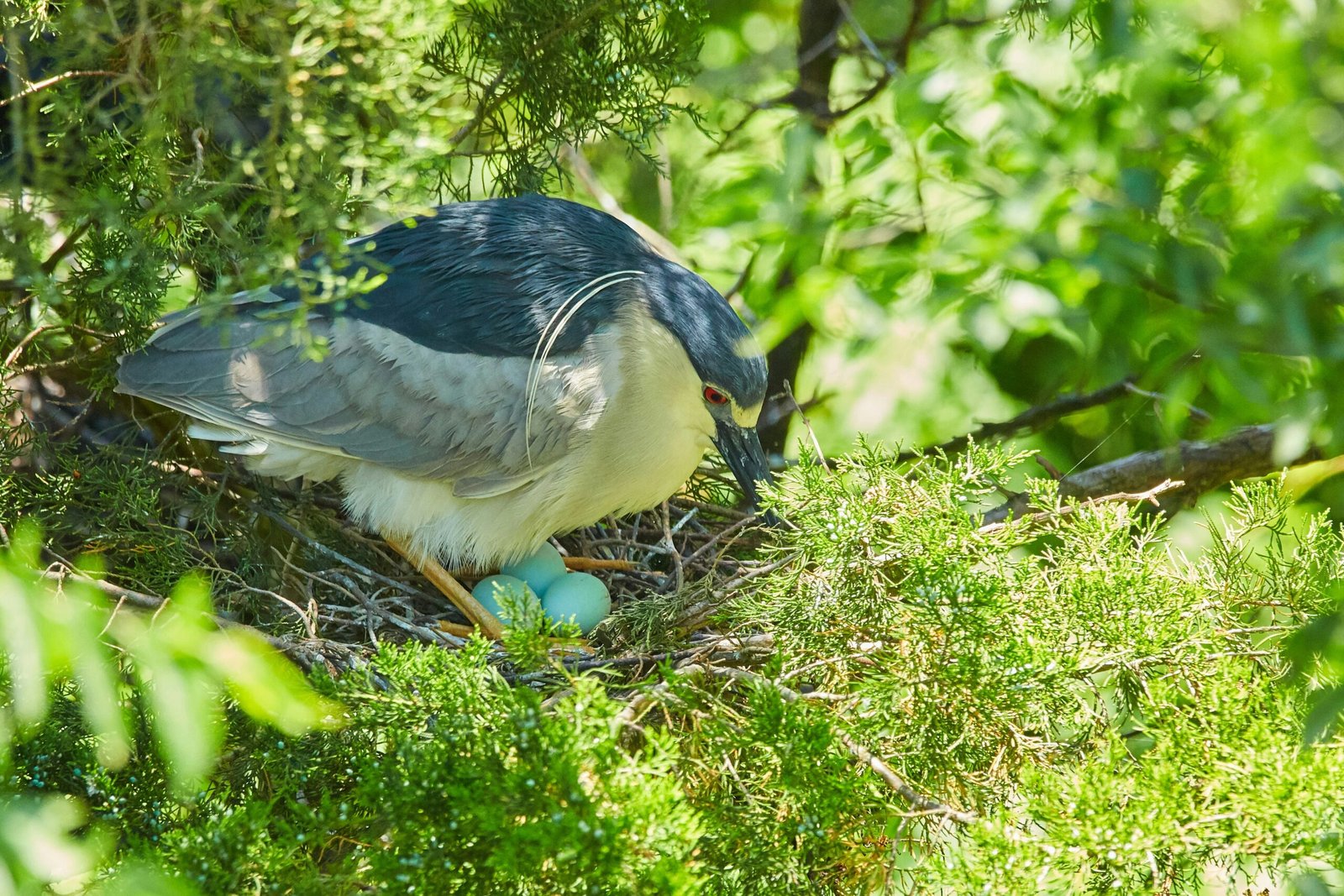The color of birds’ feathers is due to special pigments in their bodies, and the outer layer of feathers emits misleading color radiation in sunlight.
Peacock feathers are colorful, resembling rainbow hues, and their color changes with the movement of their body.
Some birds, such as flamingos, get their plumage color from their diet.

Body coloration in birds helps distinguish individuals within the same species.
To attract various mates, intimidate rivals, and confuse predators birds use their attractive coloration.
Female birds generally have duller plumage than males. This feather coloration gives them an advantage by providing camouflage while laying eggs.

Hippur Will birds are rarely seen, as they spend their days sleeping in the forest. Their plumage blends with dead leaves, effectively confusing predators.
Male parakeets attract females by spreading their tails and wings in uniquely colorful displays.
The differently colored crests of penguins help distinguish them from one another. They also use these crests in courtship displays.
Male and female Eclectus parrots are identified by their completely different plumage. Males are bright green, while females are red with a bluish underbelly.

Toucans attract their mates with their large, brightly colored beaks. At other times, they use their beaks to scare off predators or competitors over food.

